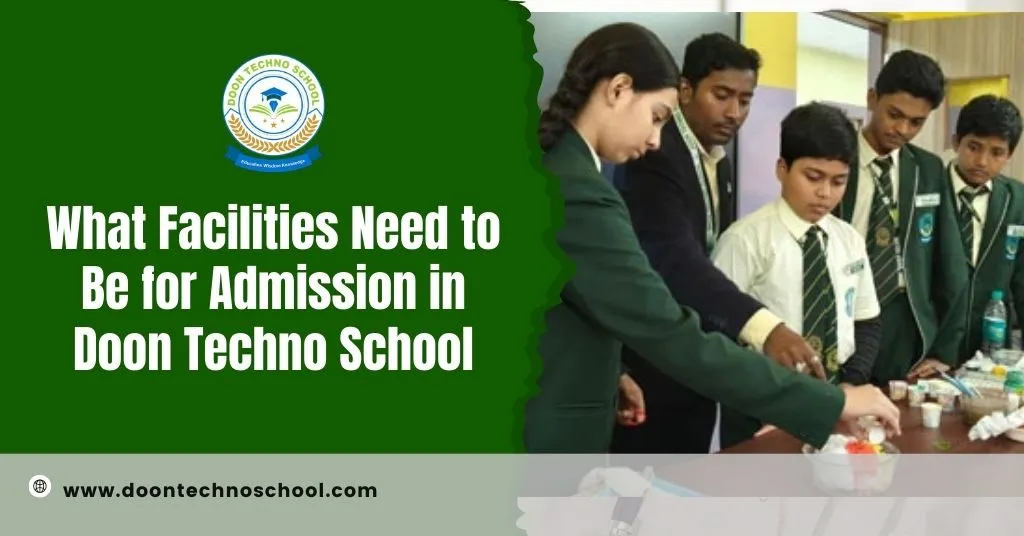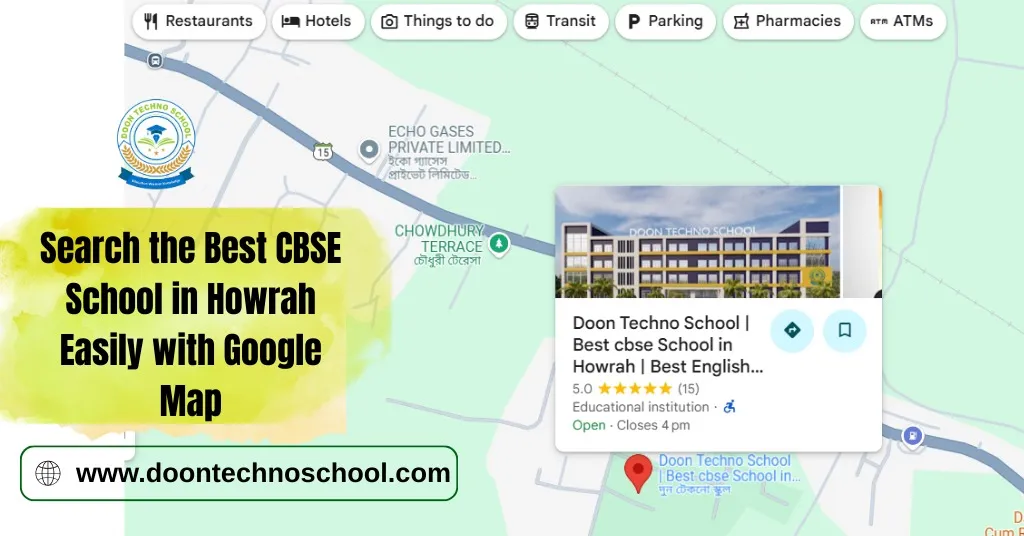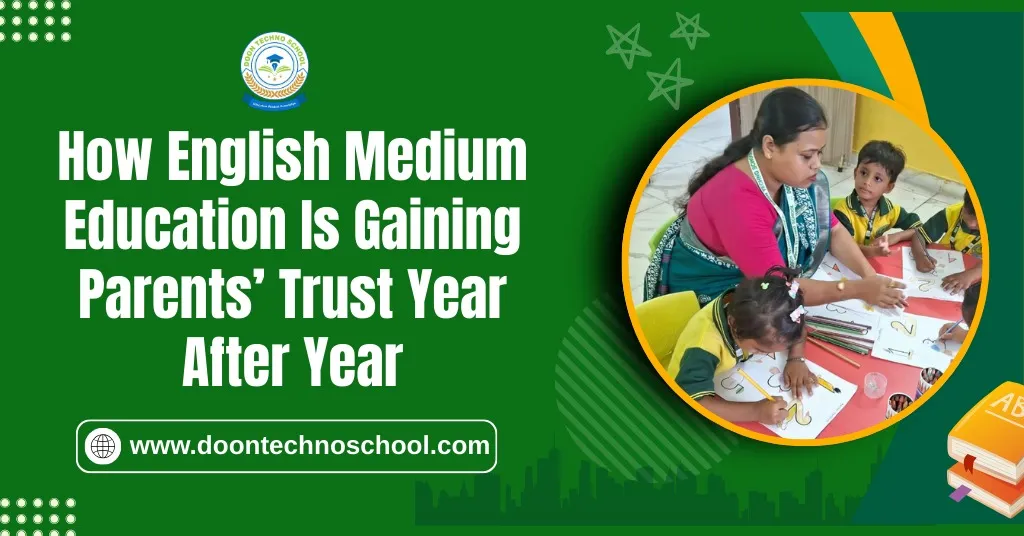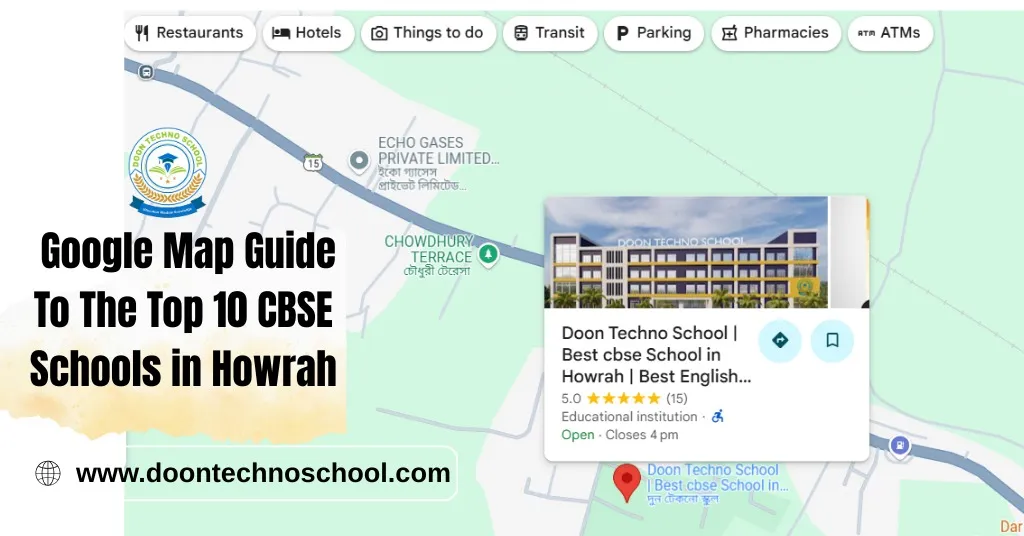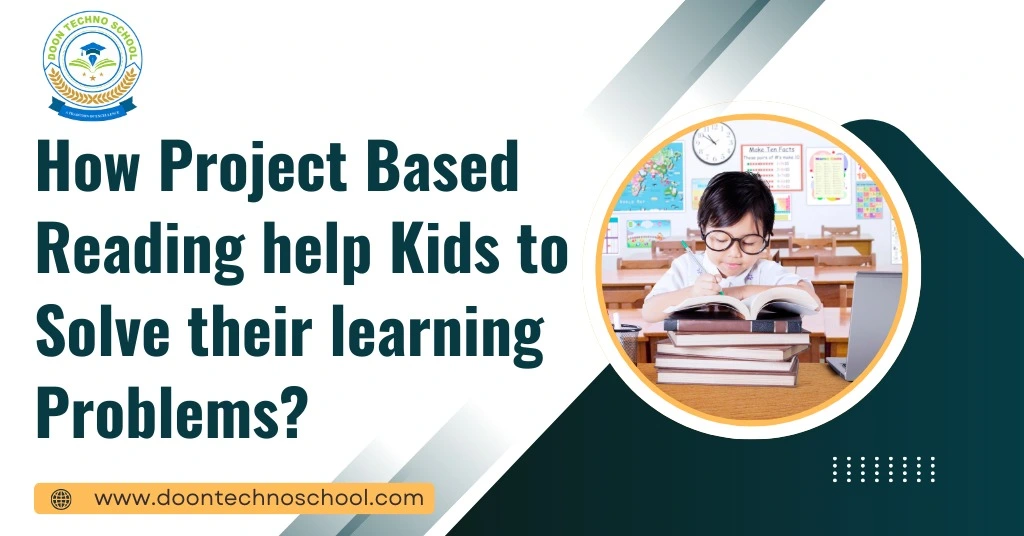
In the realm of education, fostering a love for reading and enhancing comprehension skills are vital components of a child's development. However, many children face various learning challenges that can impede their progress in these areas. Fortunately, one effective strategy that has gained traction in recent years is Project-Based Reading (PBR), which offers a dynamic approach to tackling learning difficulties while promoting engagement and critical thinking.
Understanding Project-Based Reading (PBR)
Project-Based Reading revolves around the idea of engaging students of the top schools in Howrah immersive, hands-on projects cantered on literature or informational texts. Rather than passively absorbing information, students actively explore topics, conduct research, and create meaningful projects that demonstrate their understanding. PBR encourages collaboration, creativity, and inquiry, making learning an enjoyable and meaningful experience.
Addressing Learning Problems
Personalized Learning: One of the key advantages of PBR is its ability to accommodate diverse learning styles and preferences. Children with learning difficulties often benefit from personalized approaches that cater to their unique needs. By allowing students to choose topics of interest and work at their own pace, PBR fosters a sense of ownership over learning, empowering children to tackle challenges with confidence.
Building Connections
For many struggling readers, making connections between texts and real-world experiences can be challenging. PBR provides a platform for students to explore interdisciplinary connections, linking literature to history, science, art, and more. By contextualizing reading within broader themes and projects, children develop a deeper appreciation for the material and enhance their comprehension skills in the process.
Hands-On Exploration
Traditional reading assignments often focus solely on textual analysis, overlooking the value of hands-on exploration and experiential learning. PBR integrates various multimedia resources, field trips, and interactive activities to enrich the learning experience. Whether creating multimedia presentations, conducting science experiments, or participating in dramatic performances, students of the best CBSE schools near me actively engage with the material, fostering a deeper understanding of complex concepts.
Promoting Collaboration and Communication
Effective communication and collaboration are essential skills for academic success and personal growth. PBR encourages peer collaboration through group projects, discussions, and presentations. By working collaboratively, children learn to articulate their ideas, listen actively, and negotiate differing viewpoints—a valuable skill set that extends beyond the classroom.
Celebrating Diversity
In today's increasingly diverse society, it is crucial for children to encounter literature that reflects their own experiences and perspectives. PBR encourages the exploration of multicultural literature and diverse voices, fostering empathy, cultural awareness, and social responsibility.
Implementing Project-Based Reading
Selecting Relevant Texts: Choose texts that align with students' interests, academic goals, and developmental levels. Consider incorporating a diverse range of genres, authors, and themes to cater to different preferences and learning styles.
Designing Engaging Projects
Develop project prompts that encourage critical thinking, creativity, and inquiry. Provide clear guidelines and objectives while allowing flexibility for student interpretation and exploration.
Facilitating Reflection and Assessment
Encourage students to reflect on their learning process, identify challenges, and celebrate achievements. Implement formative assessments, peer evaluations, and self-assessment tools to gauge progress and provide constructive feedback.
Fostering a Supportive Environment
Cultivate a classroom culture that values collaboration, risk-taking, and mutual respect. Create opportunities for students to share their work, seek help when needed, and celebrate each other's successes.
By embracing Project-Based Reading, parents and educators can empower children to overcome learning challenges, cultivate a lifelong love for reading, and become active, engaged learners in today's dynamic world.
Conclusion
In conclusion, Project-Based Reading offers a transformative approach to addressing learning problems while fostering a deeper understanding of literature and promoting essential skills for academic and personal success. Through personalized learning experiences, hands-on exploration, and collaborative projects, children can unlock their full potential and embark on a lifelong journey of discovery and growth. To know about the “CBSE school near me” visit the school premises or website today.

